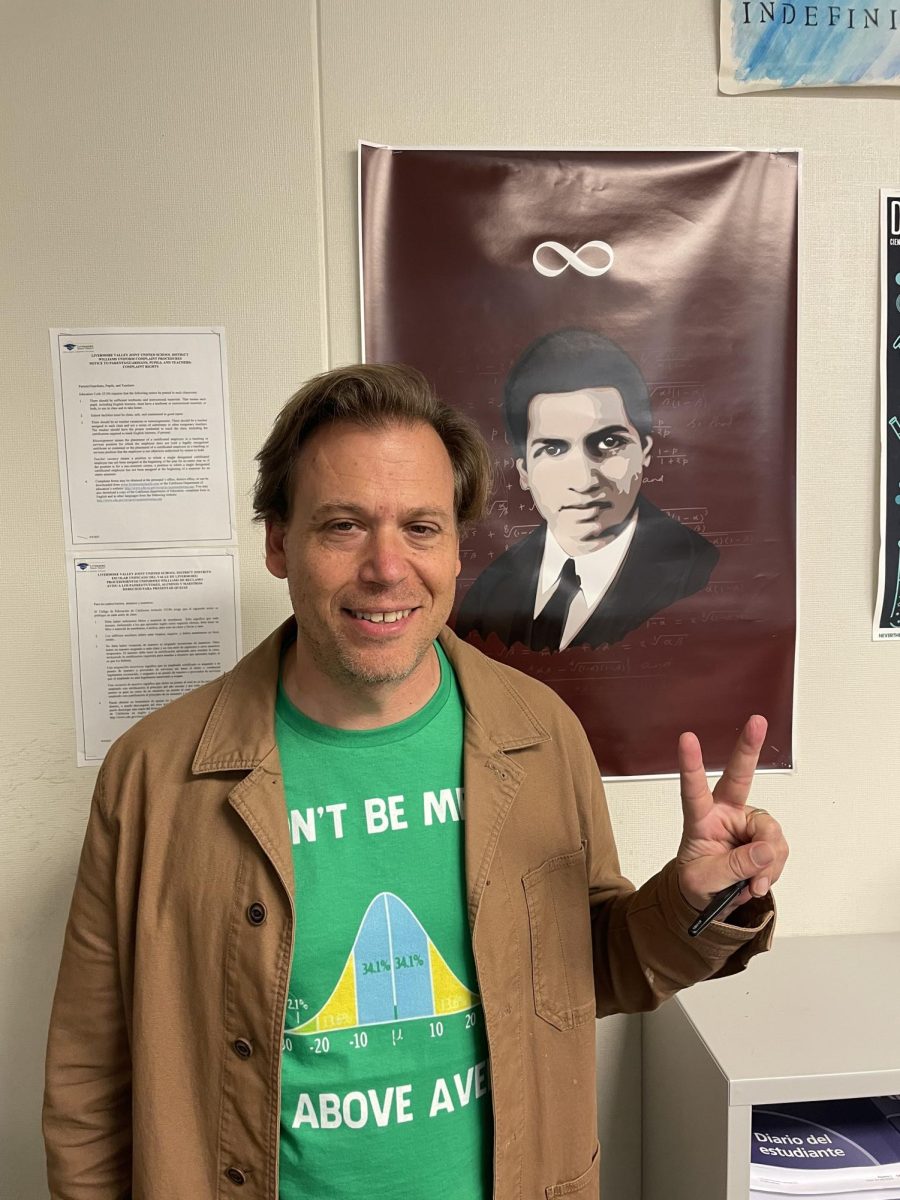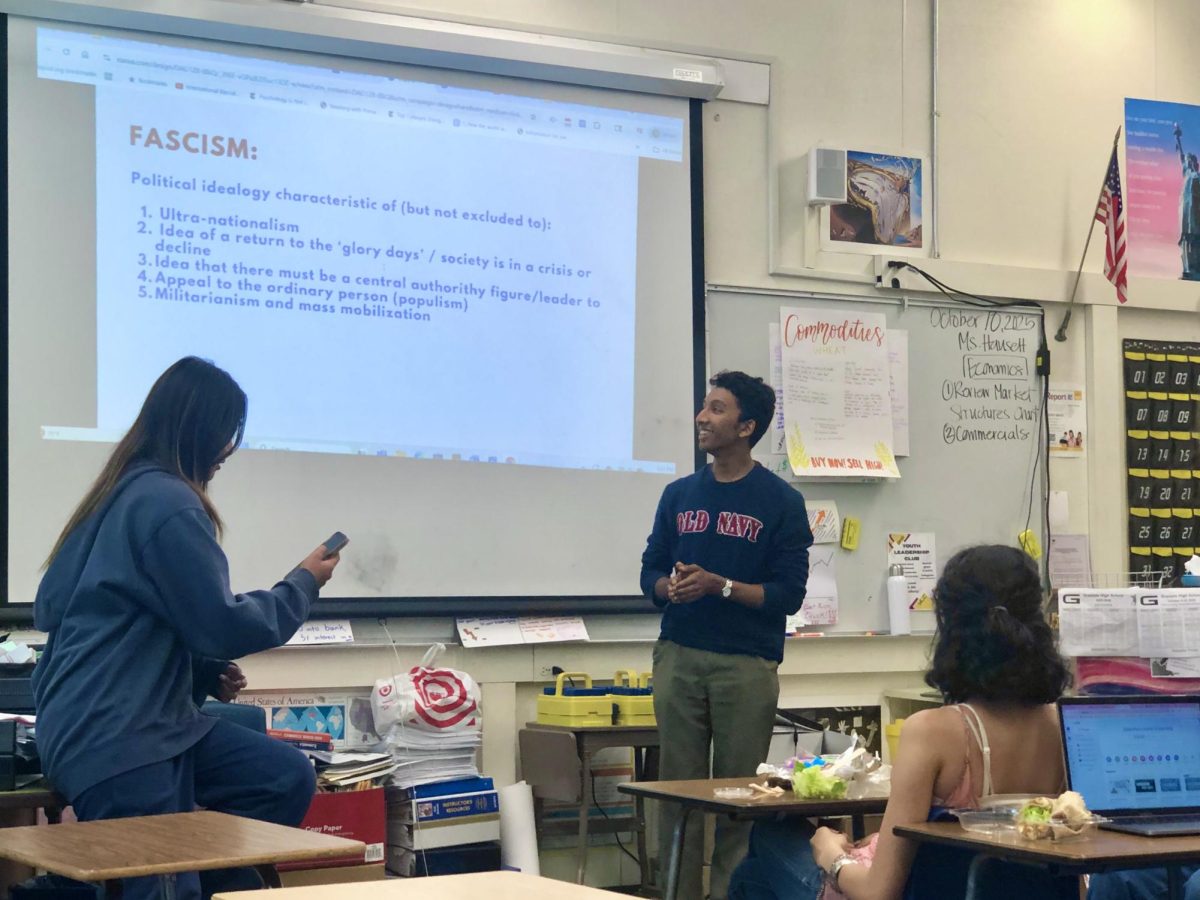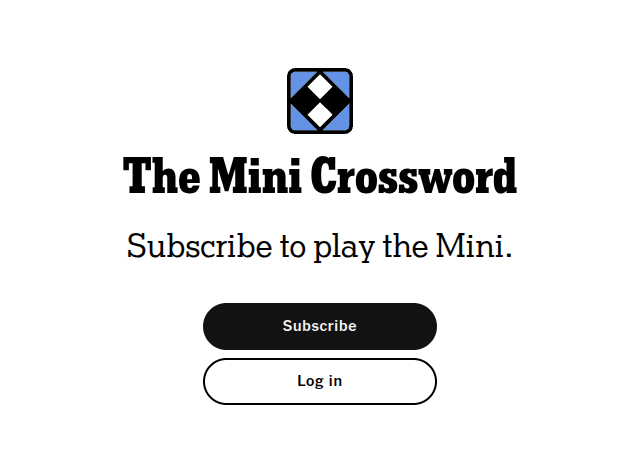For over a decade, “The New York Times Mini Crossword” has been a part of many people’s daily routines. Published on their website, a new crossword would arrive promptly at midnight everyday with a different puzzle to solve for. People around the world would solve it for a break from study sessions and work. Different from the full crosswords, the mini was quick and, most importantly, free. However, this changed in late August 2025 when “The New York Times” announced that a subscription would now be required in order to play.
I have noticed other students taking a break from essay writing, math homework, and other activities, by playing one of “The New York Times” games. “The New York Times” has been expanding its games portfolio, which now includes Wordle, Spelling Bee, Sudoku, etc. for all to play. However, it seems they are slowly switching to subscription only users, starting with The Mini.
The decision immediately sparked outrage. For many people, the Mini was not just a game, but an opportunity to take a mental break. The decision to require a subscription deeply upset some people. On Reddit, one user joked about how they now had a “40-60 second gap” in their day that they were unsure on how to fill. Gabby Reggans (11) believes it isn’t right.
” I feel very angry. I play the mini [crossword] everyday, and suddenly, when I went to play it like I always do, I could not because I was required to pay for a subscription,” said Reggans.
When asked if she has plans to buy a subscription, she says she has “no plans to do so.” While the New York Times may have believed that they would get more subscribers by charging their users in order to play The Mini, it seems that some people are too angry at them to buy a subscription and have instead been prompted to boycott. Similarly, Addison Giacomazzi (11) was shocked when she found out and quickly went to the New York Times website to check.
“Where’s my pay without subscription? I’m very mad about this,” Giacomazzi.
It seems that most students are not happy with this decision. However, others could care less. Ahana Deshpande (11) thoughts were very different from others.
“I literally could care less about needing a subscription to play,” Deshpande.
The decision to require a subscription to play the Mini does not affect Deshpande like it did for others. It seems that, overall, it only affects people who have already made it a habit of playing.
Overall, those who play The Mini daily do not agree with the fact that they now must pay to play a game that they believe should be free. They do not wish for all games to require a subscription and urge the New York Times to overturn this decision.




























